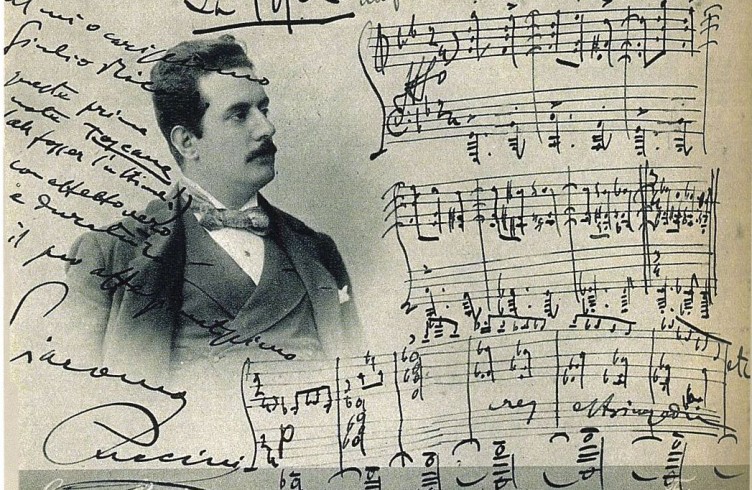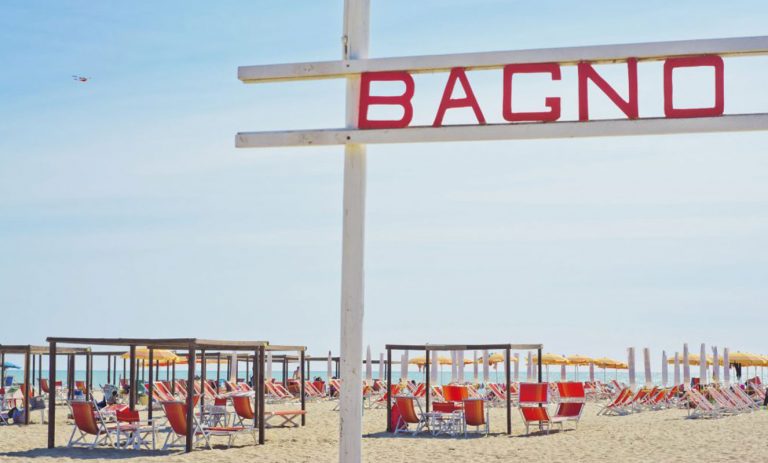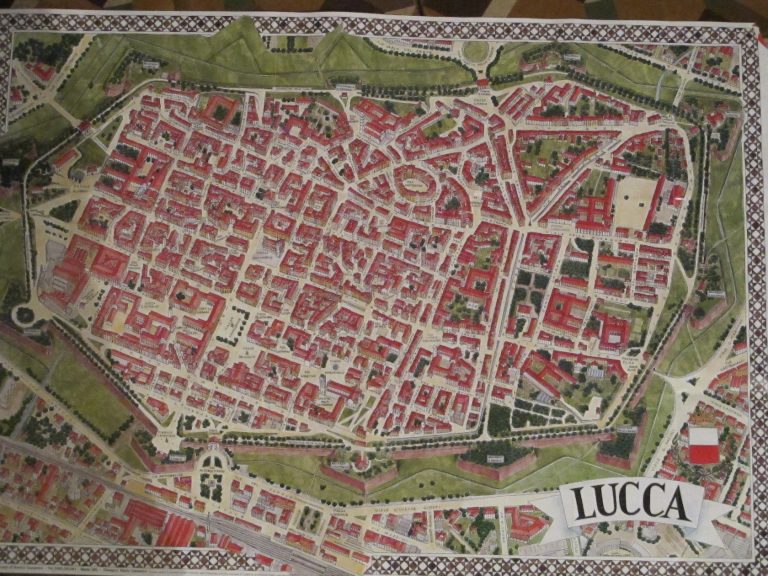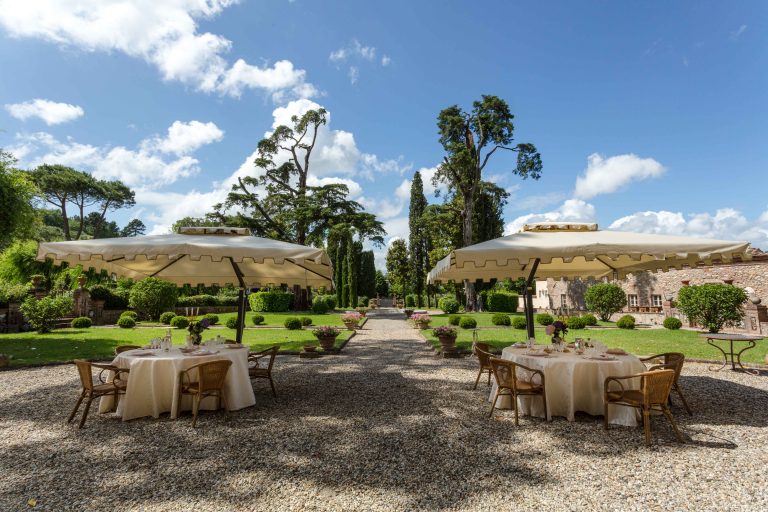Giacomo Antonio Domenico Michele Second Maria Puccini (Lucca, December 22, 1858 – Brussels, 29 November 1924) was an Italian composer, considered one of the greatest opera composers in history.
Giacomo Puccini was the sixth of nine children, and last descendant of a family that for a century and a half had dominated the musical life of Lucca.
After being orphaned of father, he spent his youth between the family home in Lucca and the summer home of Celle. At the age of nine he entered the seminary where he will begin to play the organ in the Cathedral of Lucca, also if he always preferred to work. Puccini obtained his diploma at the Musical Institute Pacini in Lucca, in the late 1880s and he decided to continue his studies at the Milan Conservatory.
This was an important period for Puccini, as it came into contact with the musical world of the moment and with the movement of “Scapigliatura”, a group of intellectuals willing to oppose the solemn and refined forms of art to give free space for inspiration and imagination.
Here, he meets Piero Mascagni (the artist from Leghorn) with which share a room for several months. After completing his studies in 1883, he graduated with Symphonic Capriccio, through which transpires immediately the genius that is in him.In that same year, on April 1, it is announced a competition for small artists from the magazine The Illustrated Theatre (Sonzogno publisher) that provides an unpublished work in one act. Puccini composed “Le Villi” but did not win and was not even mentioned among the works that deserve consideration.
Success Comes
In 1884, thanks to a signed subscription of friends and respected investors, the opera was staged at the Teatro dal Verme in Milan, where he obtained public success and exciting criticism. They called it “the composer Italy had been waiting” (BBC).
The public consensus enabled Puccini to sign his first contract with a major publisher Giulio Ricordi, who commissioned a new work intended to “Teatro alla Scala” theater. His second opera, Edgar (1889), which cost the composer about four years of work, did not achieve the expected success and for decades to come underwent several adaptations without, however, ever entering the repertoire.
Ricordi trusted Puccini talent and continued to support him for many years until he was able to establish himself, and it was with his third opera Manon Lescaut (Teatro Regio Torino 1893) which gained success and fame.
The thirty-five Puccini moved to Torre del Lago with Elvira Bonturi – his wife – and his son Antonio. This will be the place that will give life to the majority of his operas: La Bohème (Turin, Teatro Regio, February 1896), Tosca (Rome, Teatro Costanzi, January 1900), and Madama Butterfly (Brescia, Teatro Grande, May 1904) .
Now famous worldwide, Puccini, celebrates journeys that led him to attend performances of his works in Europe and America: “The West Maiden” (New York, Metropolitan Opera, December 1910), “La Rondine” (Monte Carlo, March 1917) , “Il Trittico” (New York, Metropolitan Opera, December 1918), to the last great work on whose name the teacher poses long in doubt before choosing Turandot, the Venetian playwright Carlo Gozzi.
Even if seriously ill, Puccini worked to Turandot until the end of his days, leaving it unfortunately unfinished.
He underwent surgery for throat cancer in Brussels on November 24, and died a few days after 29 November 1924.
Thanks to its melodies, after a century he has made great Lucca and its citizens continue to honor him trough “Villa Museum Puccini”.
Coselli Collection
We are waiting for let you spend fantastic time in Lucca in one of our luxury villas!
For more information call the number +39 348 0002667 or take a look of our villas here: www.coselli.com
More info:
Sito Web: www.coselli.com
Facebook: https://www.facebook.com/coselli
Google plus: http://bit.ly/2gSuDIz






